![]()
Thursday, October 29, 2015 | By Dr. Raz Zimmt[1]
This study is originally published by The Meir Amit Intelligence and Terrorism Information Center. The study is structured in nine sections (see below), which if read in conjunction with each other, draws a complete picture of Major General Qasem Soleimani (Haj Qasem), commander of the Iranian Islamic Revolutionary Guards Corps’ Qods Force, instigator of Iranian Subversion and Terrorism in the Middle East and around the Globe.
Soleimani’s relations with the Iranian leadership
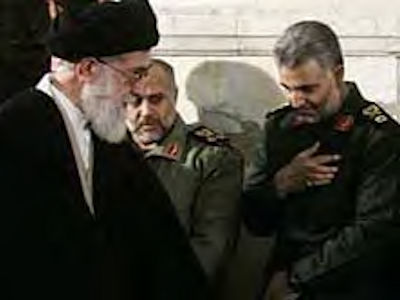
Qods Force commander Qasem Soleimani bows before Iranian Supreme Leader Ali Khamenei (Asiran.com, July 3, 2011). The Qods Force’s subversive and terrorist activities are fully supported by Khamenei and the Iranian leadership.
One of the sources of Soleimani’s power is his close ties to the leadership of the Iranian regime, especially Supreme Leader Ali Khamenei, who has full confidence in him and supports him. In a speech Khamenei made in 2005 at a meeting with martyrs’ families from Kerman Province, he called Soleimani “a living shaheed” (Qasemsoleimani.ir, November 26, 2014). Soleimani also has close ties to senior officials in Iran’s political leadership, many of whom have known him since the Iran-Iraq War.
Soleimani’s political views are not well known, but they can assumed to be conservative. During the student demonstrations in Tehran in July 1999 he signed a letter sent by high-ranking IRGC officers to former President Mohammad Khatami demanding he use force to suppress the demonstrations, and even threatening to intervene if he did not act.
The leadership’s respect for Soleimani was evident in a rare interview given by Hojjat-ul-Islam Ali Shirazi, supreme leader’s representative in the Qods Force, to the conservative Iranian weekly 9 Day in September 2012 (9day.ir, September 23, 2012). Shirazi praised Soleimani, calling him “a man of deeds” rather than “a man of words,” and complimented him on his qualities as a commander. He said that he had known Soleimani since 1982 and even then, during the Iran-Iraq War, he had demonstrated courage and command. Soleimani, he said, was brave, did not know fear, had great faith in Allah and was completely devoted to the supreme leader. He never said “I cannot” and carried out every mission the supreme leader gave him. Shirazi said many people could sit with the supreme leader without properly understanding what he was saying or act appropriately, but Soleimani, he claimed, could understand what was required, analyze wisely and act correctly.
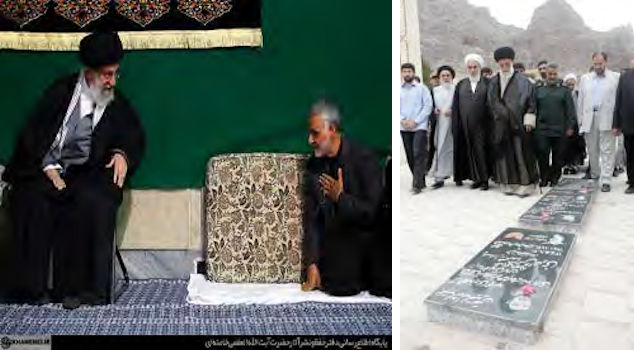
Left: Qasem Soleimani and Supreme Leader Ali Khamenei. Right: Soleimani and Supreme Leader Ali Khamenei (Facebook page of Haj.Qasem.Soleimani, April 21, 2015)
Shirazi rejected the claims in the Western media about disagreements between Soleimani and IRGC commander Mohammad-Ali Jafari. He also denied that Soleimani acted directly with the supreme leader and not in coordination with the IRGC commander. He claimed Soleimani was totally loyal to Jafari and that his close relations with the supreme leader did not affect his loyalty to Jafari in any way. Soleimani and Jafari were committed to one another and any attempt to create a difference of opinion between them to weaken them or harm the IRGC and the Qods Force would fail, said Shirazi.
On the eve of the presidential elections in Iran in the summer of 2013 the Iranian media reported on Soleimani’s close relations with presidential candidate and mayor of Tehran, Mohammad Bagher Ghalibaf. During the campaign Soleimani was quoted by the supreme leader’s representative in Kerman Province as saying he [Soleimani] would vote for Ghalibaf (May 26, 2013). After the elections IRGC spokesman Ramazan Sharif, interviewed by the reformist daily paper Shargh, denied the report. (Shargh, July 22, 2015). Sharif claimed the IRGC were in no way involved in the elections and that reports about the alleged support of senior IRGC commanders, Soleimani among them, for any candidate were false. He claimed the election headquarters of some of the candidates wanted to use the names of popular senior IRGC commanders to enlist political support. He claimed that all the reports published about the support of senior IRGC commanders for political candidates were denied immediately after publication.
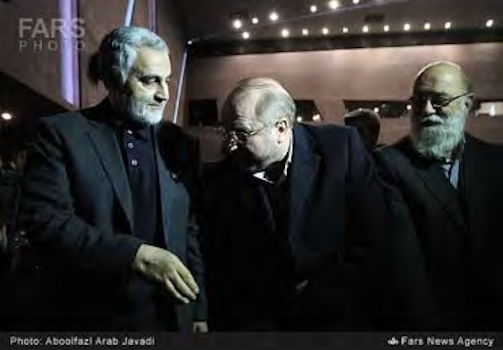
Left to right: Qasem Soleimani, Tehran Mayor Mohammad Bagher Ghalibaf and Mehdi Chamran, head of the Tehran City Council (Fars News, February 6, 2014).
Praise for Soleimani from Iranian politicians
Soleimani also has close ties with politicians who are not affiliated with the conservative right wing. One of them is senior Iranian diplomat Sadegh Kharazi, who was an advisor to former President Mohammad Khatami and is affiliated with the moderate wing of the reform camp. Interviewed by the website Neda-ye Iranian in March 2015, he spoke of his close ties with Soleimani, who had affiliations with both reformists and conservatives. Kharazi called Soleimani “a general without equal anywhere in the world,” whose name inspired hope among freedom-seekers and fear among imperialists, Zionists and radical Sunni Islamists. Soleimani, he said, was also a fighter, a national Islamic Iranian symbol and a friend, and by virtue of his qualities as a human being and commander he had no equal. He was not only a man but also “a school of thought.”
Conservative Iranian parliament member Mohammad-Reza Bahonar also mentioned Soleimani’s extensive political support. Interviewed by Khabar Online on December 14, 2014, Bahonar said there was a consensus regarding Soleimani and that he personally knew people who did not support the Iranian regime but loved Soleimani. He said he had known Soleimani since the early 1980s, when he was deputy governor of Kerman Province at the same time of Soleimani’s military service in the province. He praised his qualities as a fighter and commander. He stressed Soleimani’s great commitment to the families of soldiers killed in the Iran-Iraq War and described how he made sure they had financial support after their sons died. He said that as opposed to other senior commanders, Soleimani was not merely familiar with military matters, but also with political issues, and even compared his political talent and understanding to those of Hezbollah leader Hassan Nasrallah.
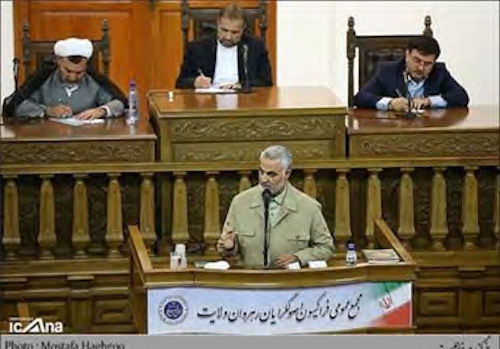
Qasem Soleimani speaks to the conservative faction of the Majlis, April 28, 2015 (Serat News, April 29, 2015).
Soleimani’s relations with Iranian President Hassan Rouhani
Information about the relations between Soleimani and President Rouhani is scarce. Since Rouhani was elected in the summer of 2013, he has publicly opposed the involvement of the IRGC in politics. In a speech he gave shortly after he was elected, he praised the contribution of the IRGC to the country’s security and called on it to continue its involvement in the economy to help Iran deal with the sanctions, but stressed it should not involve itself in political power struggles (Asr-e Iran, September 16, 2013). Since his election Rouhani has also tried to limit the IRGC’s influence in politics and the economy, including by reducing its representation in the government and removing it from a number of economic projects in development and energy.
However, President Rouhani recognizes the power of the IRGC and clearly does not want an open confrontation with it, which might also lead to a confrontation with the supreme leader. So far he has tried to walk between the raindrops and focused on promoting the nuclear negotiations and the Iranian economy. His caution has led him to be circumspect in his statements about Iranian regional policy. In the wake of reports that the Assad regime used chemical weapons in the summer of 2013, he expressed a general reservation regarding the use of chemical weapons in Syria (without mentioning that the Syrian regime had allegedly used them), but followed the official Iranian line and expressed unequivocal support for the Assad regime.
Since the signing of the nuclear agreement between Iran and the West in July 2015, the Rouhani administration has increased its involvement in regional issues. In addition to its ongoing military support for the Assad regime, efforts have also been made to promote a political solution to the Syrian crisis, one that will ensure Iran’s vital interests, especially the preservation of its influence in Syria. In mid-August 2015 Mohammad Javad Zarif, the Iranian foreign minister, visited Syria and met with President Assad and Walid al-Mualem, the foreign minister. Zarif stressed Iran’s determination to continue its support of Syria, and said Syria’s future had to be determined by the Syrian people without foreign intervention (IRNA, August 12, 2015).
The simultaneous involvement of both the Iranian foreign ministry and the Qods Force in forming Iran’s Syrian policy may create a confrontation between the two (although so far there is no evidence for a power struggle between the Rouhani administration and the IRGC over Iranian policy in Syria.). In addition, Russia’s increasing involvement in Syria and the continuing international efforts to formulate a political solution for the country may also lead to disagreements between the president and Soleimani regarding the definition of Iranian interests in Syria and the nature of a possible future political arrangement.
Qasem Soleimani usually does not express his opinions on controversial political issues. During the nuclear negotiations he did not join other senior IRGC officers who on several occasions expressed implied criticism of the conduct of the talks. He also does not criticize the government’s domestic policies. Apparently he distances himself from controversial political issues because he does not want to involve the Qods Force in internal political power struggles, in order to maintain its unique position in the IRGC. That may also be the result of his political ambitions and concern lest any statement made about politically sensitive issues might undermine his public position.
![]()
You can find the introduction and other sections here:
- Introduction: Portrait of Qasem Soleimani, commander of the Iranian Islamic Revolutionary Guards Corps’ Qods Force
- Section 1: A short biography of Qasem Soleimani
- Section 2: Qasem Soleimani’s involvement in the Syrian civil war
- Section 3: Qasem Soleimani’s involvement in Iraq
- Section 4: Qasem Soleimani’s involvement in the Palestinian arena and Israel
- Section 5: Qasem Soleimani’s involvement in Lebanon
- Section 6: Qasem Soleimani’s involvement in Yemen and other Middle Eastern states
- Section 8: Qasem Soleimani’s public image
- Section 9: Possible lifting of international sanctions on Qasem Soleimani in the wake of the nuclear agreement
![]()
Notes:
[1] This study of Qasem Soleimani was written for the Intelligence and Terrorism Information Center (ITIC) by Dr. Raz Zimmt, a research fellow in the Alliance Center for Iranian Studies in Tel Aviv University and a research fellow at the Forum for Regional Thinking. His fields of expertise include the politics, society, foreign policy and social networks in the Islamic Republic. The study was coordinated with ITIC research fellows and includes information previously appearing in ITIC publications about the Qods Force.



 RSS
RSS

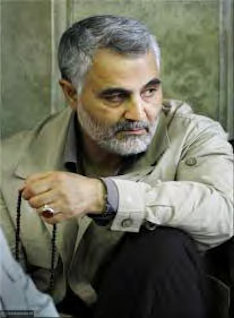
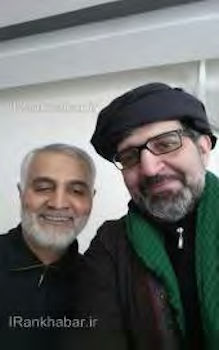
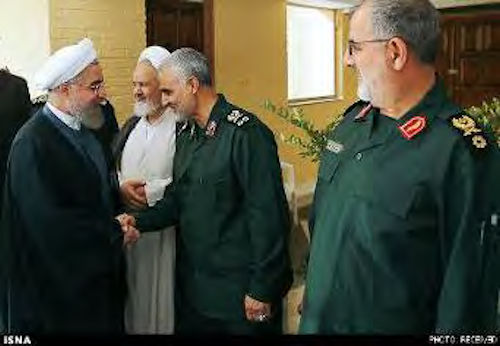
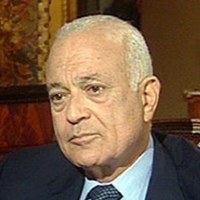

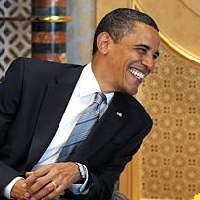
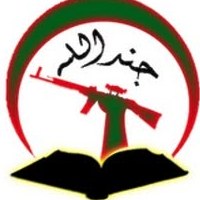
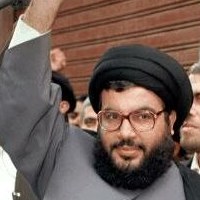







Latest Comments
Hello Mike, Thank you for your positive feedback to the article. I felt there wasn’t too much critical analysis of ...
Thanks for this considered and well constructed article. A follow up article on the manner in which the editorial contro...
THE CLUELESSNESS OF CLAIMING THAT OBAMA'S MIDDLE EAST POLICIES WERE A FAILURE CANNOT BE FURTHER FROM THE TRUTH, WHAT THE...
As long as Obama is the president of the usa do not trust the us government......
Thank you for an good read....